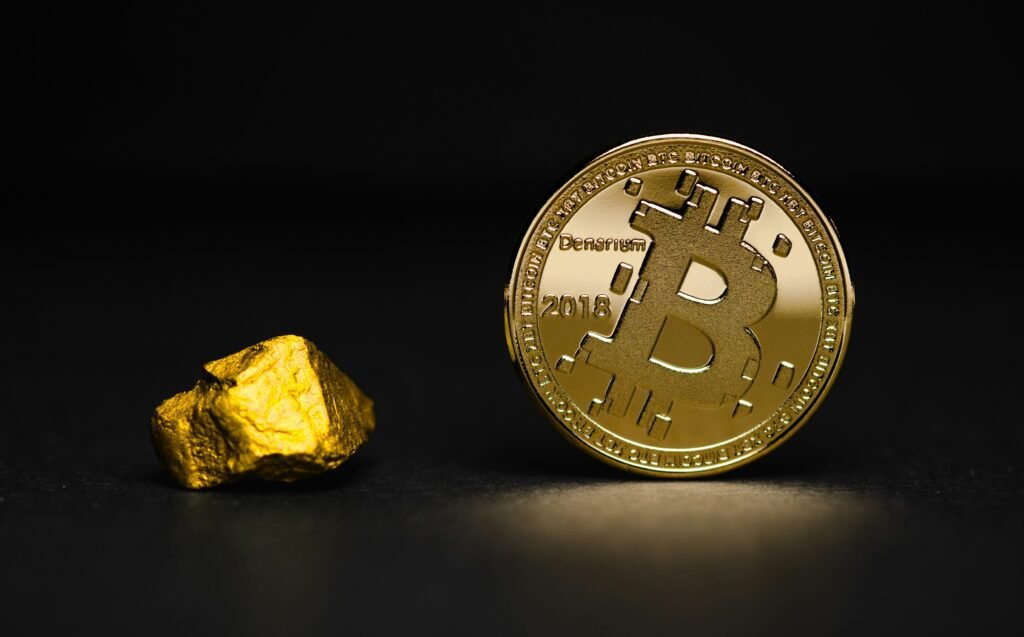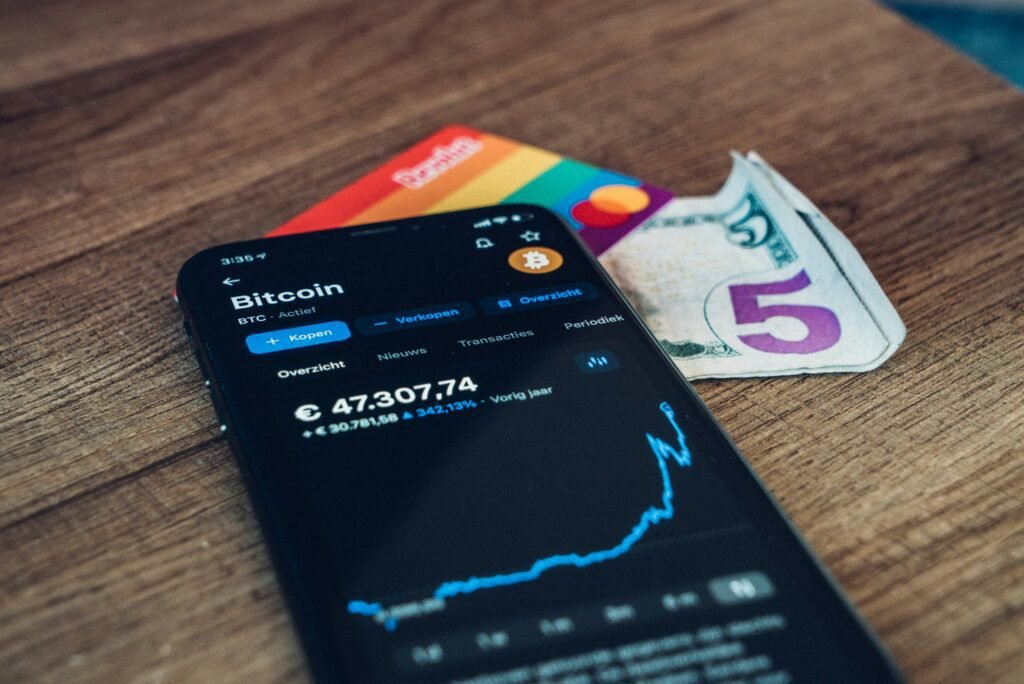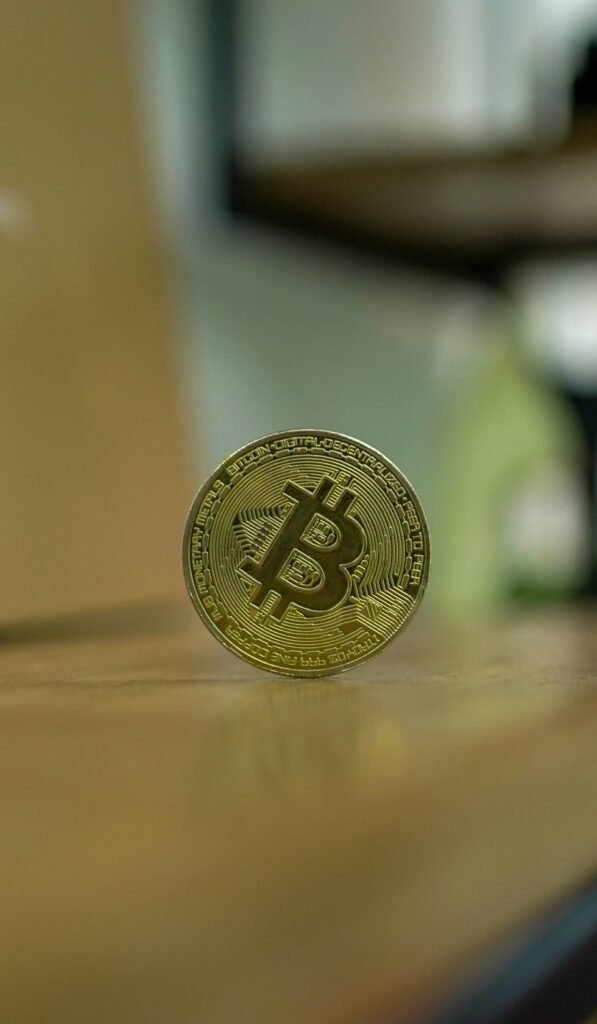The Philippines is making headlines in the crypto community with its proposal to establish a Strategic Bitcoin Reserve. Through House Bill 421, the government aims to boost financial stability and national interests by directing the central bank to acquire 10,000 Bitcoin over five years, holding these assets for at least 20 years. Championed by Congressman Miguel Luis Villafuerte and debated in the House of Representatives, this initiative could transform the nation’s economic future—and possibly set a trend for other countries seeking economic growth with digital assets.
Why a strategic bitcoin reserve in the Philippines matters
The push for a Strategic Bitcoin Reserve arises from a desire to enhance financial stability and secure the Philippines’ economic position. By accumulating Bitcoin, the country may benefit from both the cryptocurrency’s potential for growth and its ability to hedge against economic shocks. Supporters believe that this reserve could shield national finances during periods of volatility, reinforcing long-term stability and preparing the Philippines for a more digital, decentralized global economy.
House Bill 421: Framework for transparent bitcoin accumulation
House Bill 421 lays out the actionable steps for creating the Strategic Bitcoin Reserve. The central bank would be tasked with purchasing 2,000 Bitcoin annually for five years, strictly storing them in transparent, auditable wallets. These assets would be locked for 20 years, ensuring that the government cannot quickly capitalize on market swings; sales are only permitted to pay national debt after two decades. This structure is designed to foster trust and demonstrate the Philippines’ commitment to using Bitcoin responsibly.
Weighing the risks of bitcoin in national reserves
While the plan promises economic growth and financial stability, it also carries risks familiar to crypto investors. Bitcoin’s notorious volatility could cause rapid swings in the reserve’s value, which might impact the government’s fiscal health if not managed prudently. Additionally, leveraging taxpayer funds for such an initiative requires robust justification and clear communication to prevent backlash. Policymakers and the crypto community alike agree: educated governance and strong regulatory oversight are crucial to reap rewards and minimize dangers.
Impact on the crypto community and national economy
The crypto community in the Philippines, including prominent voices like Miguel Antonio Cuneta and Luis Buenaventura, welcomes this move as a signal of modernization and confidence in digital assets. If successful, the Strategic Bitcoin Reserve could make the Philippines a pioneer in crypto-backed government finance in Asia, attracting foreign investment and positioning the nation at the forefront of blockchain innovation. Transparent reporting standards and inclusive public audits could further enhance trust, both domestically and internationally.
Fostering economic growth while addressing financial literacy
A national Bitcoin reserve would diversify the Philippines’ asset base and may spur economic growth if Bitcoin appreciates over time. However, educational programs are essential to ensure that both government officials and citizens understand the associated risks and benefits. Bridging gaps in financial literacy can empower Filipinos to engage with the crypto economy responsibly, ensuring that the Strategic Bitcoin Reserve uplifts society as a whole without causing confusion or unease.
Frequently asked questions about the Strategic Bitcoin Reserve (FAQ)
What is a Strategic Bitcoin Reserve?
A Strategic Bitcoin Reserve is a country’s official stockpile of Bitcoin, managed by its central bank, intended to enhance financial stability and economic growth.
What does House Bill 421 propose?
House Bill 421 is legislation directing the Philippine central bank to purchase 10,000 Bitcoin over five years, with the assets locked for 20 years to prevent premature selling.
How does the Philippines stand to benefit from a Bitcoin reserve?
The reserve could provide a hedge against economic instability, diversify national assets, attract investment, and foster growth by leveraging Bitcoin’s potential.
What are the risks of establishing a Strategic Bitcoin Reserve?
Risks include exposure to Bitcoin’s price volatility, potential misuse of taxpayer funds, and challenges in public understanding and support.
How is transparency ensured in this proposal?
Bitcoin holdings will be stored in public, auditable wallets, with regular reporting and strict oversight to build public trust.
Sources to this article
- Villafuerte, M.L. (2024) House Bill 421: An Act Establishing the Philippine Strategic Bitcoin Reserve. Manila: Philippine House of Representatives.
- Cuneta, M.A. & Buenaventura, L. (2024) Philippine Crypto Community Insights. Manila: Various Digital Forums.
- Soliman, P. (2024) Expert Commentary on Strategic Reserves. Manila: Blockchain Industry Publications.



